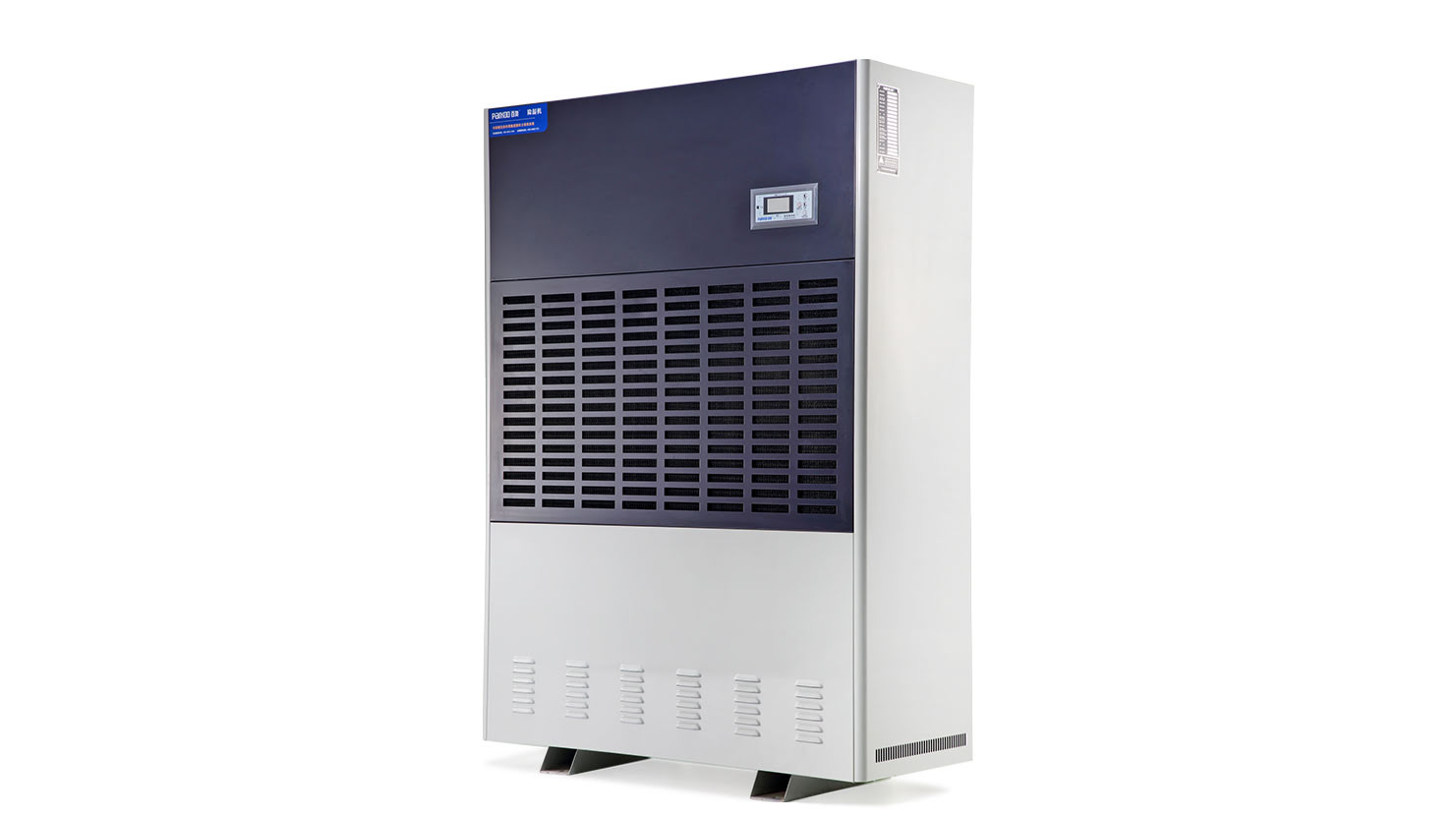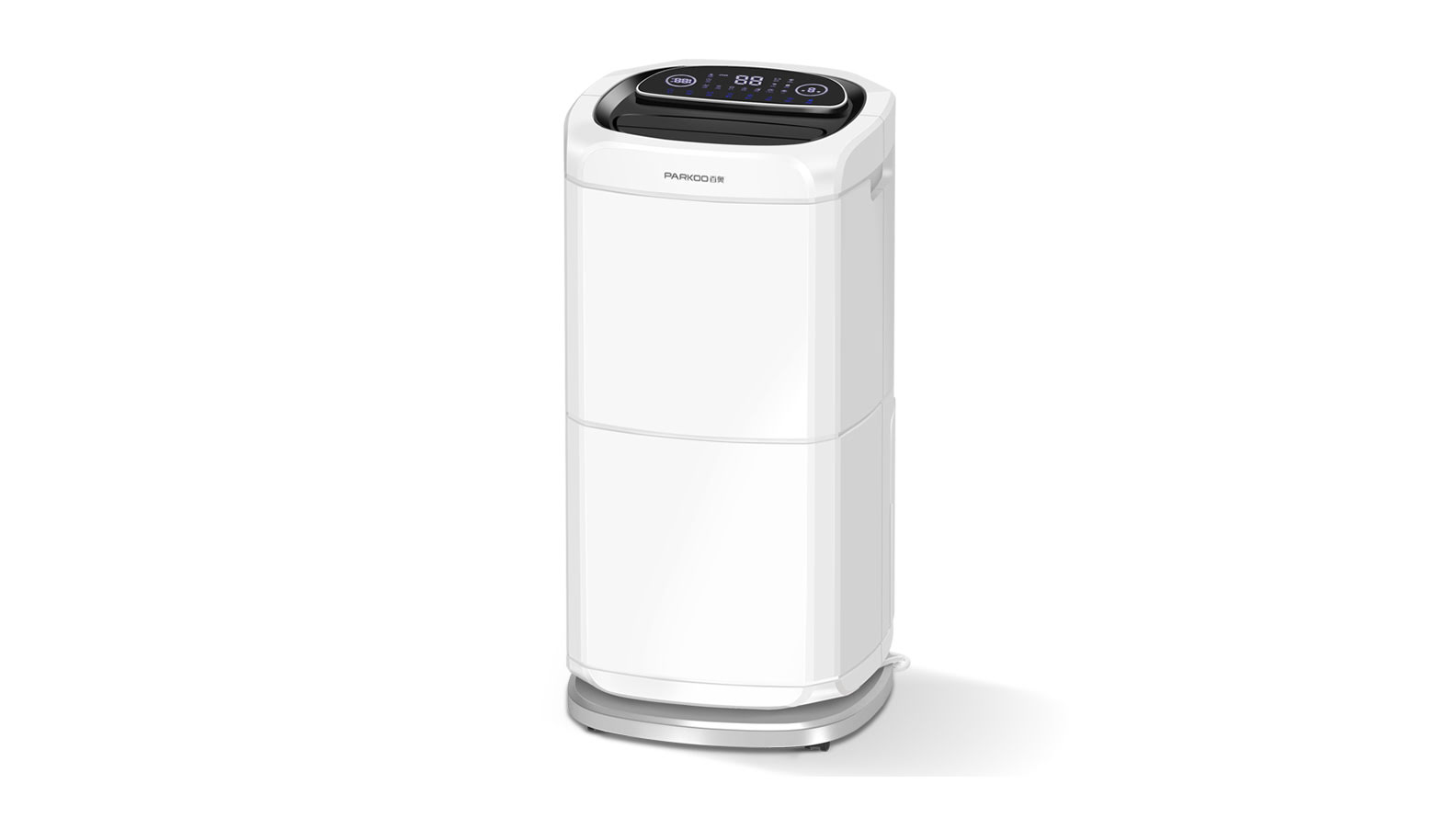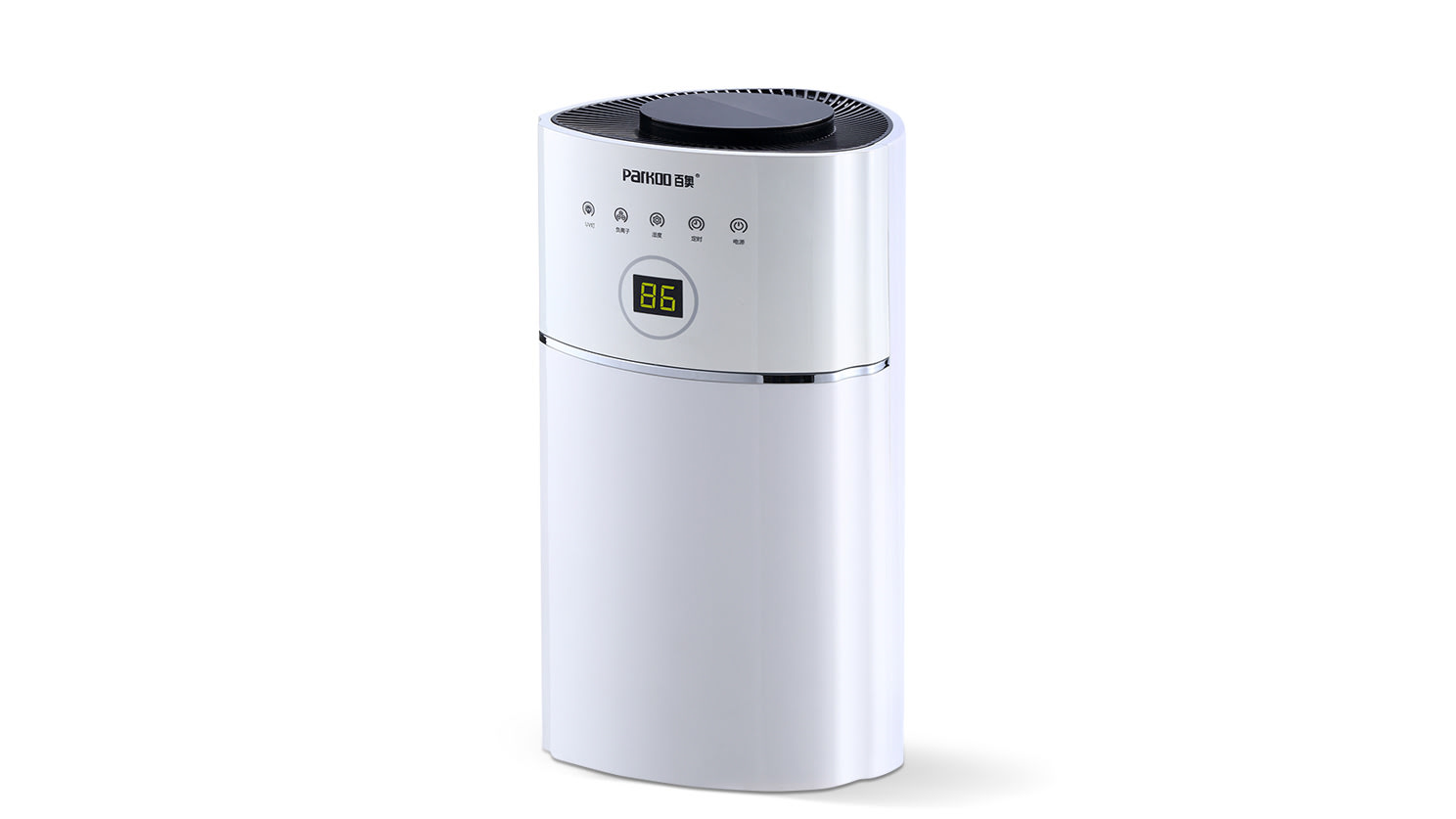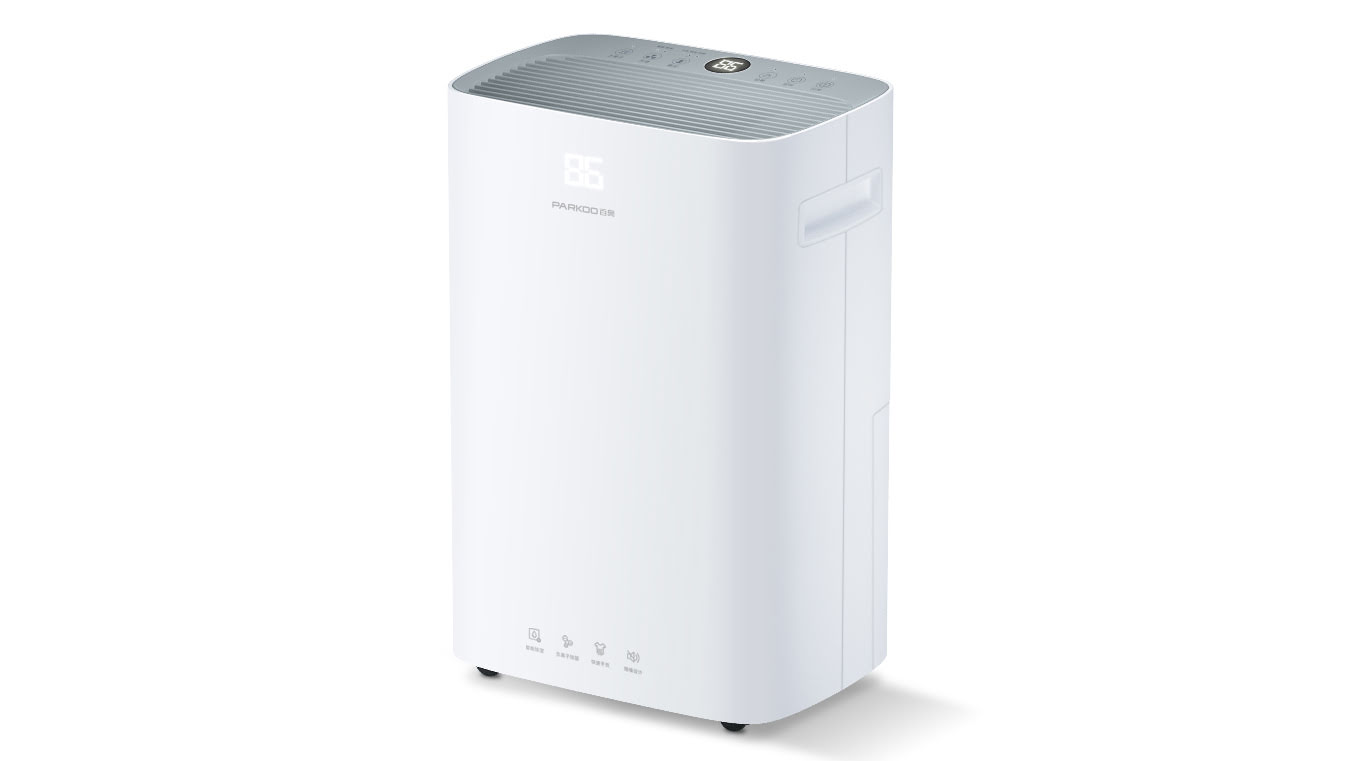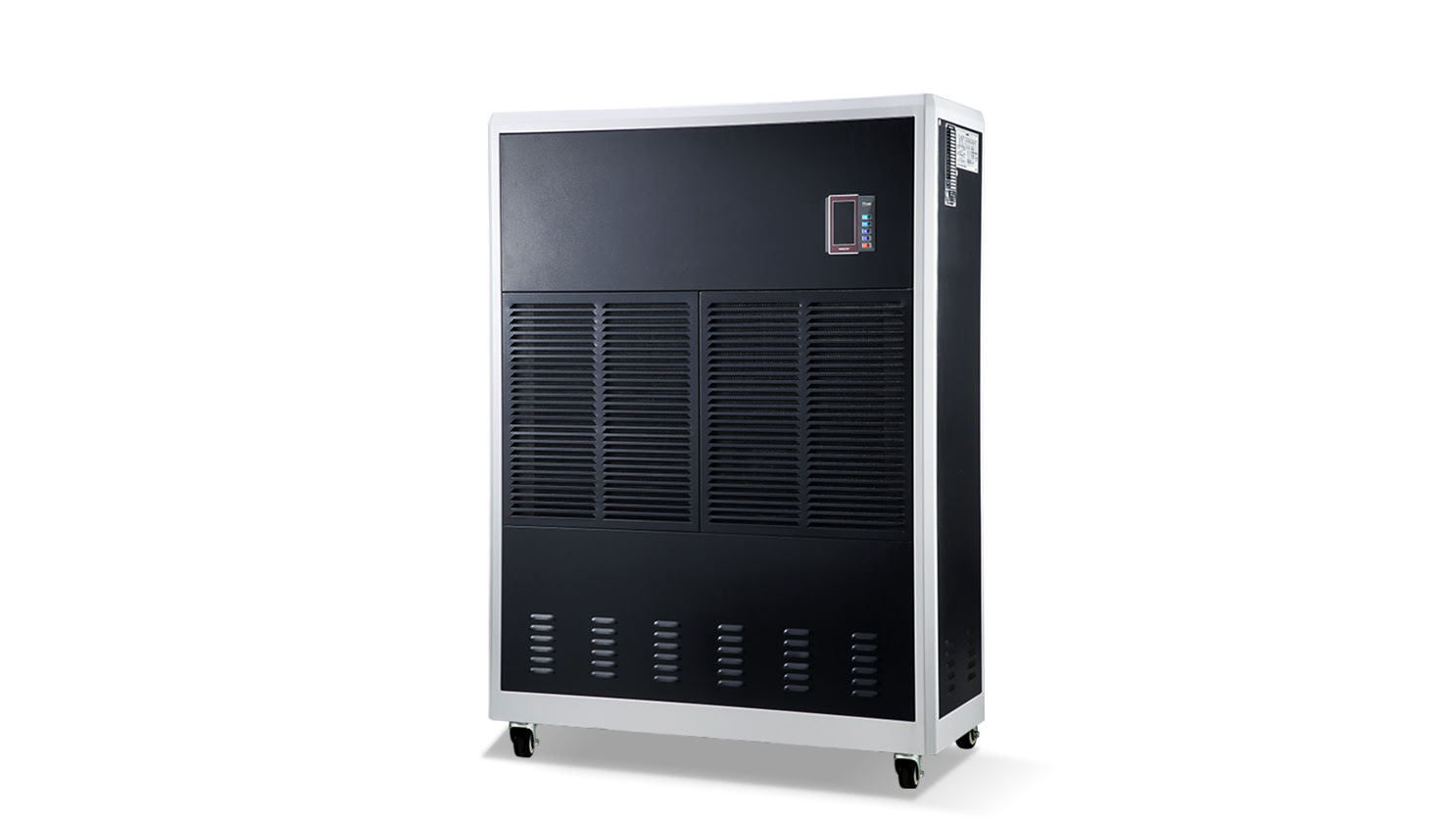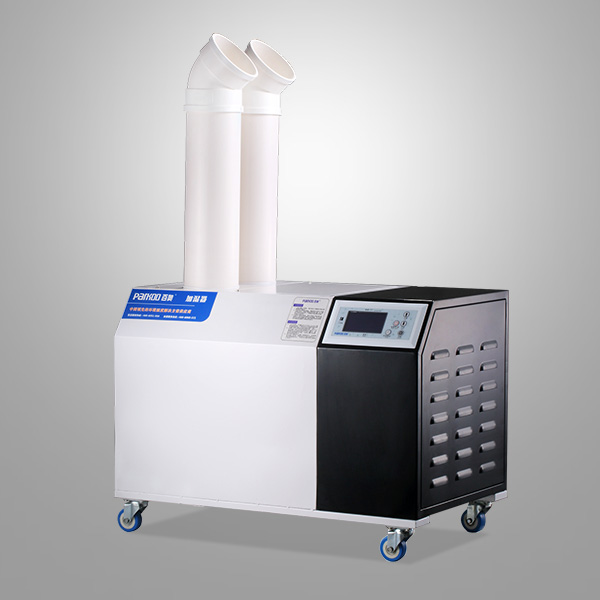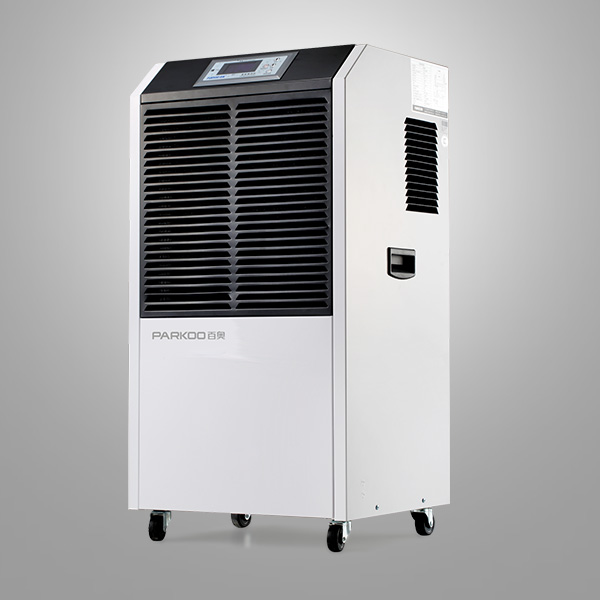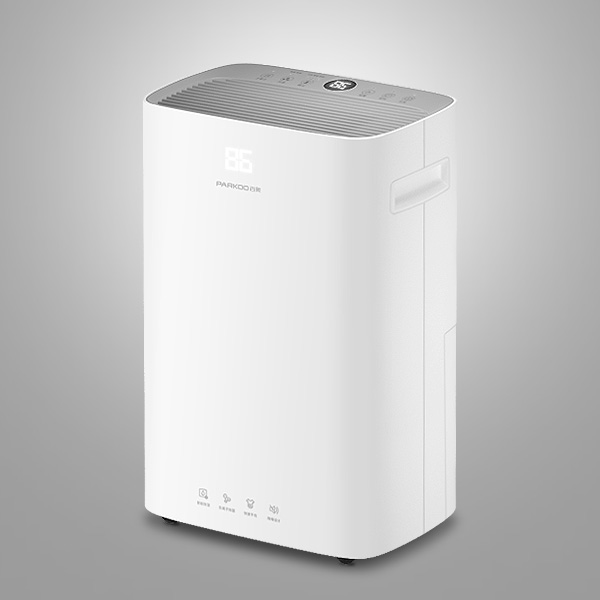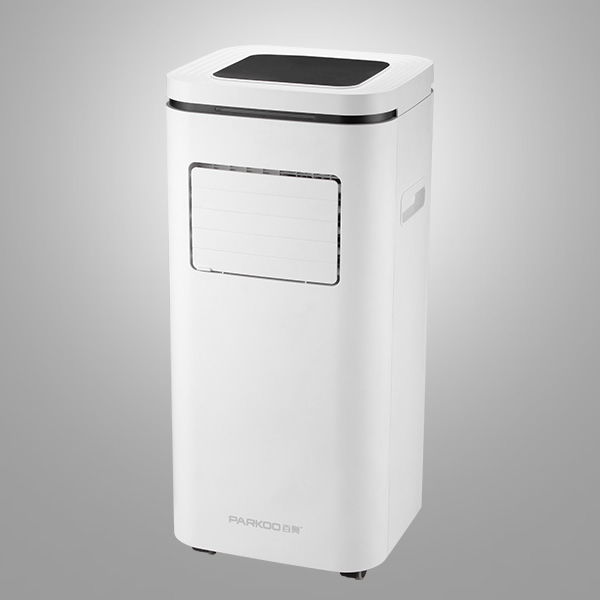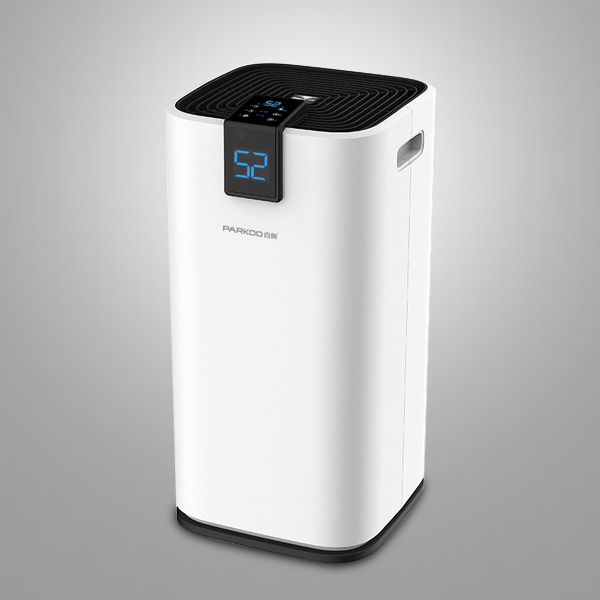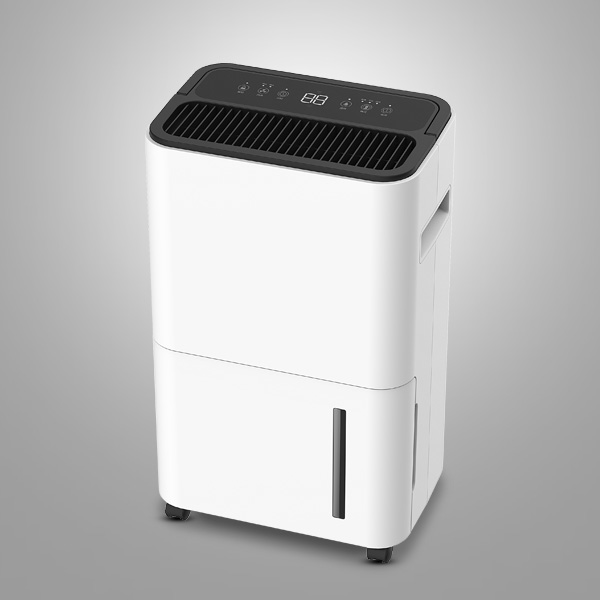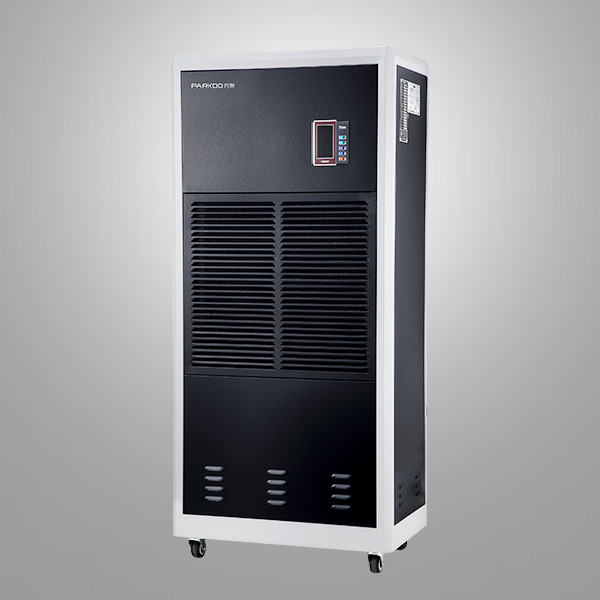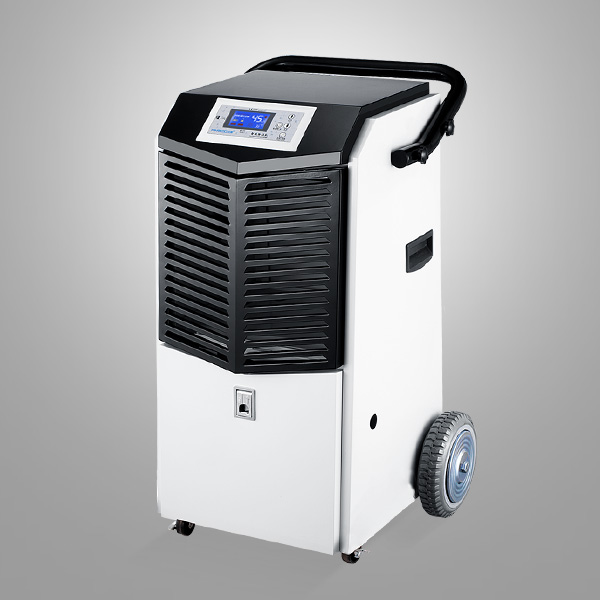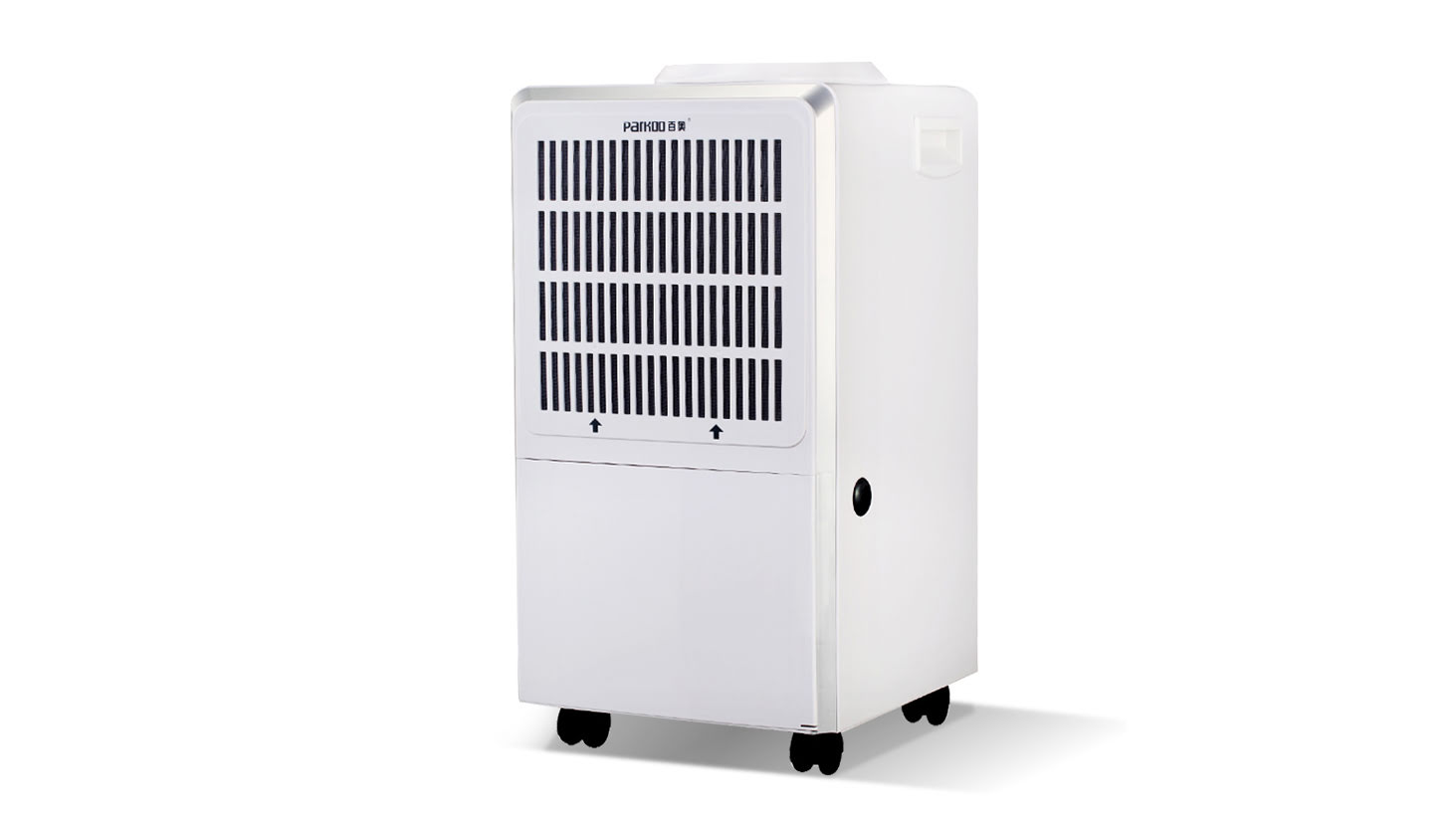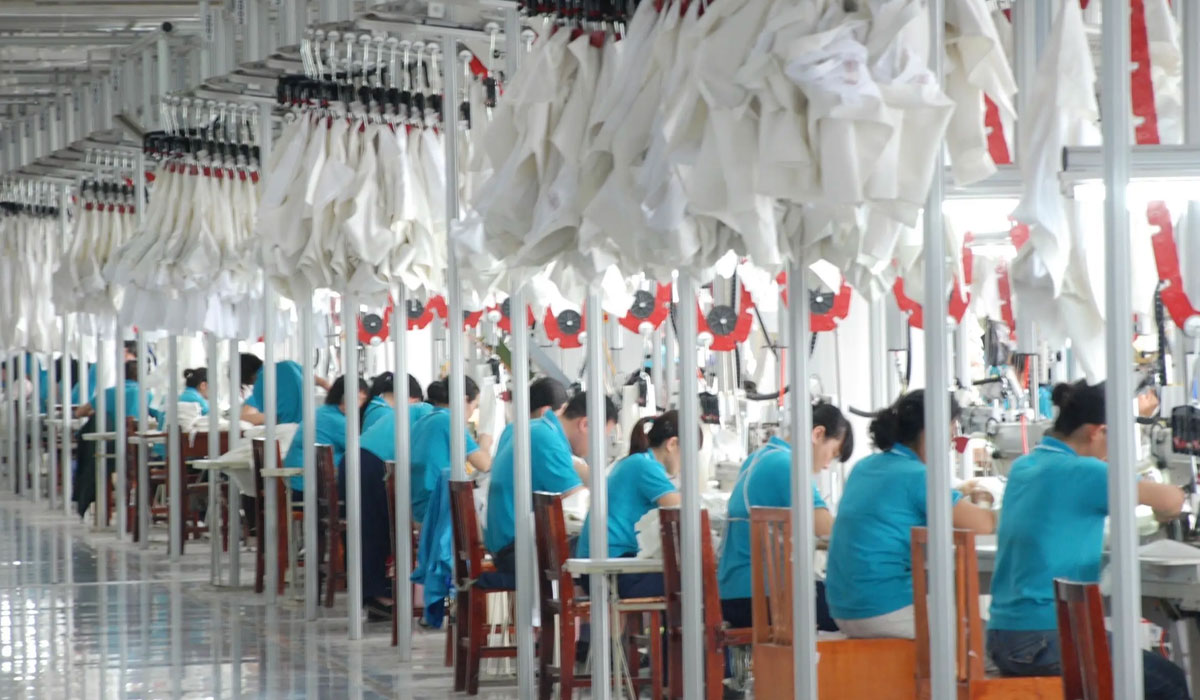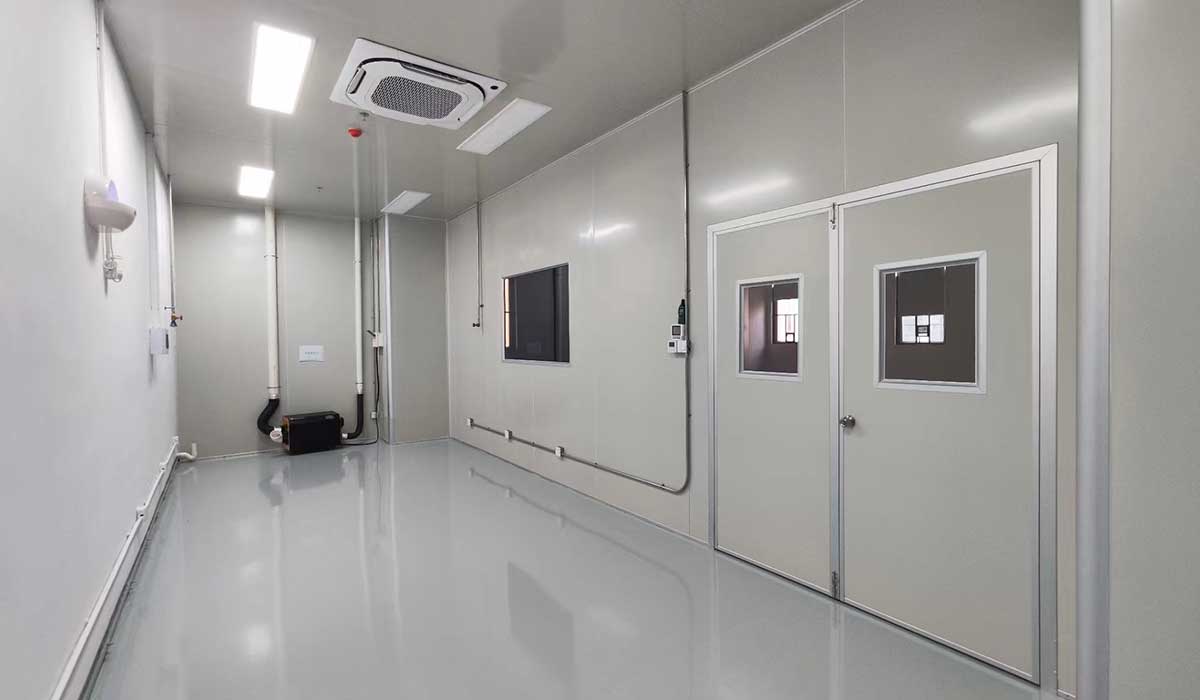At present, most textile factories use humidifiers to humidify their production workshops. Because the raw materials (natural fiber or chemical fiber yarn (or silk)) used in the textile mill have a certain impact on the moisture regain, knitability, strength and static electricity of the yarn (or silk) due to the relative humidity of the air, the workshop relative humidity is closely related to the knitting Relations of production. Especially for warp knitting locomotives, the requirements for relative humidity are particularly strict. If the relative humidity is not properly controlled, the needle pitch is prone to change, resulting in needle damage and breakage, yarn defects, and increased weaving defects; Therefore, it is particularly important to use humidifiers for humidity control in textile workshops
The relative humidity of the air varies, and the moisture regain of the fibers also varies.
. As the relative humidity of the air increases, the moisture regain of the fibers also increases, but instead decreases. Relative humidity has a significant impact on the strength of fibers, which can enhance and improve the alignment of long chain molecules and increase their strength. Taking cotton fiber as an example, when the relative humidity is 60-70%, its strength can be increased by about 50% compared to the dry state. After moisture absorption, fibers are prone to relative displacement due to the increase in distance between molecules under external forces, so the elongation of the fibers increases with the increase in relative humidity. Among them, wool, silk and viscose fibers are easier to elongate than natural fibers such as cotton and hemp after re moisture absorption, while Synthetic fiber (such as polyester) have poor moisture absorption, so the relative humidity has little impact on the elongation
Using a humidifier to humidify the workshop can achieve the best processing quality of cotton fibers, enhance their weaving ability, and more effectively prevent the generation of static electricity.
For reference only
